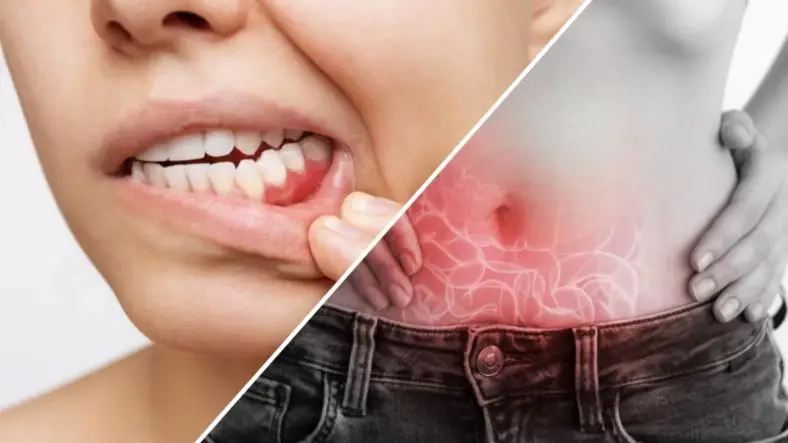Oral health and digestive health are closely interconnected, with each affecting the other in several important ways. Proper oral hygiene is crucial for a healthy digestive system, as the mouth is the starting point of the digestive process. When we chew food, enzymes in saliva begin breaking down carbohydrates, making it easier for the digestive system to process nutrients.
Poor oral health can lead to problems such as gum disease and tooth decay, which can impact digestion. For instance, gum disease can result in pain or difficulty chewing, leading to inadequate food intake and nutritional deficiencies. Additionally, oral infections and inflammation can potentially spread to other parts of the body, affecting overall health, including digestive health.
Conversely, digestive health issues can also influence oral health. Conditions like acid reflux can cause enamel erosion due to stomach acids reaching the mouth, leading to increased sensitivity and a higher risk of cavities. Moreover, gastrointestinal disorders such as Crohn’s disease or celiac disease can present oral symptoms, including mouth sores or changes in gum health, which can signal underlying digestive issues.
- Maintaining good oral hygiene is essential for preventing these issues.
- Regular brushing and flossing help remove plaque and bacteria, reducing the risk of oral infections that can affect overall health.
- Similarly, a balanced diet that supports both oral and digestive health is important, as it helps ensure that the body receives necessary nutrients and maintains a healthy gut environment.
Overall, the connection between oral health and digestive health underscores the importance of comprehensive care. By taking care of your teeth and gums and addressing any digestive issues promptly, you support both your oral and digestive systems, contributing to better overall health.
Thanks for reading the dentofacts article, for more such articles visit PeoplesBLOG.














